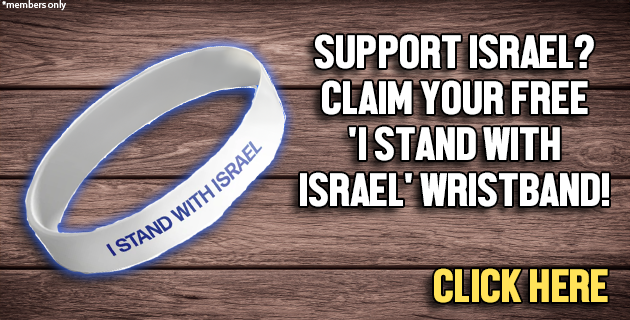As the presidency of Donald Trump continues, there’s increasing talk of potential U.S. action against atomic plants in Iran. A noteworthy gathering took place in Philadelphia on a summery afternoon, June 22, 2025. More than thirteen civic societies came together to voice their opposition to the prospective role of the U.S. in the escalating war between Israel and Iran. The united front condemned such U.S. involvement and demanded measures to prevent an aggravation of the ongoing conflict.
A series of organizations pooled their resources and assembled in the heart of Philadelphia to rally against their country’s participation in the Israel-Iran war. The protesters fervently demanded peace, indicating their preference for a cooling down of tensions and lobbying for an immediate ceasefire. The conflict in question, which commenced on June 13 following Israeli strikes on Iranian military and nuclear sites, was met with equivalent counter-blows from Iran.
The death toll keeps increasing, with 657 reported deaths in Iran due to this escalating animosity. Over 200 of these unfortunates were mere bystanders, while the injured number in the thousands. Meanwhile, in Israel, no less than 24 have lost their lives and hundreds are nursing diverse injuries.
President Trump has alluded to potential U.S. military action that could span an assault on Iran’s most fortified nuclear facility. A decision on this matter is expected within the upcoming fortnight. The protesters present at the rally, however, cried out for a non-interventionist stance from the United States.
Gatherers stressed that war cannot yield democracy, and instead fuels further disputes and sparks unexpected aggression. ‘The primary victims are the regional populace and the United States has no reason to be ensnared by this conflict,’ David Gibson, the staff co-coordinator of Peace, Justice, Sustainability NOW and an affiliate of the rally’s organizing team, remarked.
‘Resolution is not fostered by conflict. We need to avert further aggression,’ Gibson stated. Addressing the public unrest, David Gibson and the protesters appealed to the U.S. Congress, and particularly to Sens. John Fetterman and Dave McCormick of Pennsylvania, to enact the bipartisan War Powers Resolution.
This legislation, if ratified, could effectively stop the U.S. from entering into a conflict without the explicit consent of Congress. The rally participants felt strongly about this matter and wanted to see this resolution translated into law.
In light of this, The War Powers Resolution has comparable counterparts presented in the House by Republican Rep. Thomas Massie of Kentucky and Democratic Rep. Ro Khanna of California. If passed, these resolutions would add a further layer of precautions against entrance into war without full congressional support.
Supporters of the rally’s cause make it clear they believe in a legitimate popular rule—without the overreach of executive powers—and reflected this in their protest against U.S. involvement in the war. Gibson passionately argued that presidential power should not establish policies on war – these decisions must be made collectively and not on a single individual’s wishes.
This principle carries weight especially in critical circumstances such as these, where the nation’s participation in a war is on the line. Protesters adamantly believe that the president should not be in a position to single-handedly manipulate outcomes of such critical global matters.
Gibson’s public address echoed the sentiment, ‘We are a nation of the people, and the leadership needs to mirror this principle. We are experiencing heightened tensions between Israel and Iran right at this moment, but the decision to get involved in this war shouldn’t be solely at the discretion of the president.’
Each speaker’s passion was echoed by the crowds of protesters. Their combined voices reflected a strong belief in the need for democratic processes to govern decisions of war and peace, and in continued opposition to U.S. involvement in the Israel-Iran war.
These united voices on the streets of Philadelphia mirrored those of millions who had protested around the country, loudly proclaiming their view that the nation should be governed by rule of law and not by the whims of a single individual.
The shared sentiment among the gathered crowds was that the U.S. should avoid military intervention in the foreign conflicts without a democratic consensus. They viewed the potential of such an engagement as a step away from democratic values and saw it as a moment to reaffirm the principles of collective decision making.
Protesters invoke democratic ideals while expressing their discontent over possible U.S. participation in a foreign war, advocating for collective decision-making processes as the basis for determining such major foreign policy moves. They voice the need for the country’s leaders to hear the collective voice of the people before making decisions that could potentially alter the course of our nation.
Despite the increasing tensions and potential for conflict, the strong public protest in Philadelphia represents a firm stance for peaceful resolutions. As rallies like this continue to emerge across the nation, they underline the importance of a collective voice in the political decisions, reflecting the nation’s commitment to democratic values and precedent.




